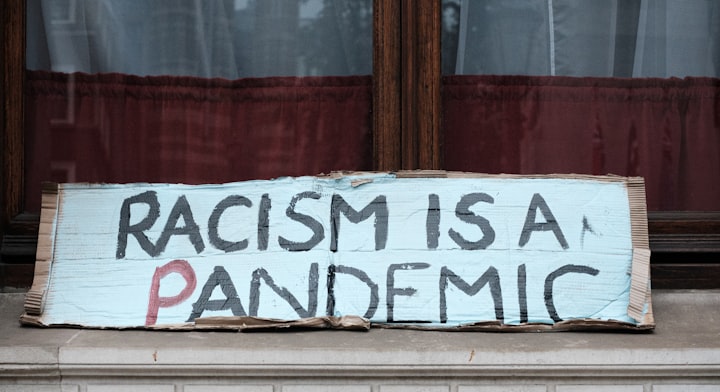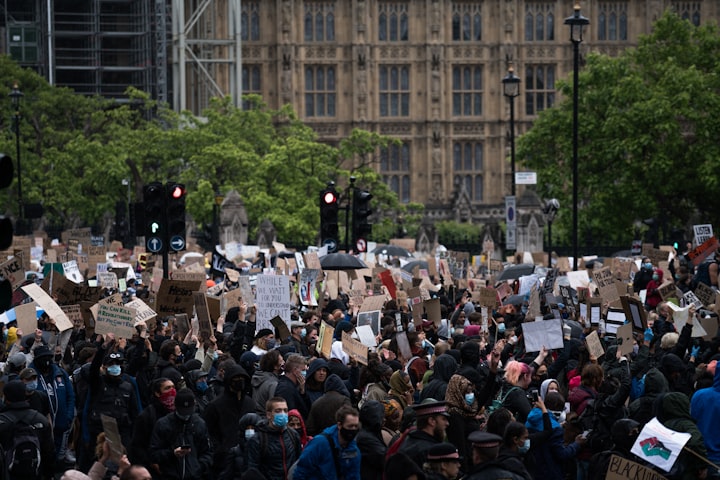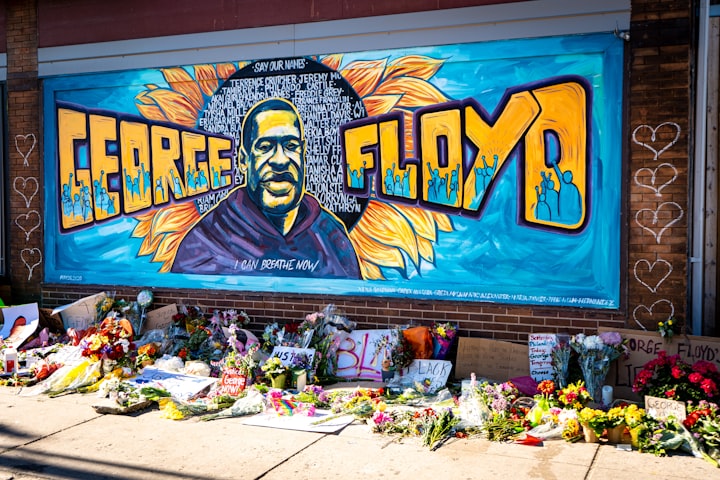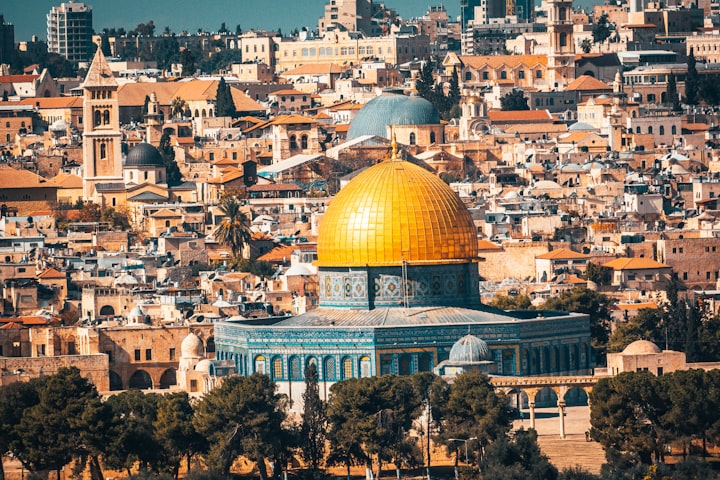The Power of Protest
The legacy of George Floyd:
George Floyd was killed by cops on a street corner in Minneapolis, America’s 46th-largest city. He was not famous, yet in death, he has galvanized Americans into action seeking social reform. More remarkably, Floyd has inspired protests abroad, from Brazil to Australia and Indonesia to France.
Social change on a large-scale is hard to accomplish with protest movements often antagonizing the moderate supporters that they need to succeed. Yet Floyd’s death holds the promise of social reform.
America is not just a country but also an idea, and as Zanny Minton Beddoes, Editor-In-Chief of The Economist, writes in her editorial,
“Wrapped up in that idea is a conviction that progress is possible.”
This week we look at George Floyd’s legacy and the power of protest.
The Protests in America
In the country’s long history of marching, the protests in America today, in big cities and tiny towns, may be the most widespread. After an initial outburst of rage following Floyd’s death, the demonstrations have been overwhelmingly peaceful, drawing in ordinary Americans of all races.
The inclusivity of all races and all generations in these marches has confounded those who thought they could exploit the protests to build an electoral strategy based on the threat of anarchy. There have been over 1280 protests held since Floyd’s death.
While black activist groups like Black Lives Matter organized the protests in the big cities, in the smaller towns, protests were organized by groups of friends and neighbors. Slogans such as "Defund the Police," "8cantwait," and "No justice, No peace" gained popularity.

How are protests making a difference? The current Congress is not about to start defunding the police or attending to any of the other radical reforms being chanted. Yet, some states and cities have already banned chokeholds. Democrats seem ready to take on the police unions by putting forward a bill in the House of Representatives on June 8th, which makes it easier to prosecute the police.
There is also recognition that broader changes are needed from both the local and federal governments. African-Americans have been stuck in their racially monolithic neighborhoods where houses are cheap. Schemes giving poor Americans a choice over where they want to live, have the Republicans and Democrats' backing in Congress. There is hope that with better schools and less crime, these segregated districts will become gentrified, leaving them more racially mixed.
Such protests also tend to increase voter turnout.
“A lot of people who don’t normally vote say they’re going to vote now,”
said Elena, a Hispanic property manager from Fairfax, Virginia.
Businesses also realize they have a role to play. Racial diversity in the workplace has long been a talking point, but now it is clear that many employees and customers will shun companies that do not deal with racism.

A protest that began in response to police violence against African-Americans has led to the nation's examination of racism in all its forms.
Protests Abroad
It is hard to know why the spark was ignited worldwide this time. Perhaps it is the power of social media, or because police brutality and racism are universal problems. Or maybe the pandemic has played a part by isolating people yet creating a shared experience. Or it may have to do with the country's leadership.
Protests in Mexico and South Africa target police violence. In Brazil, race is a factor too, as three-quarters of the people killed by police in 2018 were black. Some Europeans realize that they have a problem at home. Angela Merkel asked Germans to “sweep outside their own front doors.” Australians are talking about how they treat aboriginals.

In the UK, statues were previously targeted with graffiti and violence, so as London prepared to hold it’s anti-racism protests over the weekend, statues were boarded up.
Importance of Protests
These protests reflect a rising rejection of racism itself. Americans who see racial discrimination as a big problem in their country has risen from 51% in 2015 to 76% now. A recent YouGov poll found that 52% of Britons think British society is racist, a significant rise from previous polls. In 2018, 77% of the French thought France had to fight racism, compared to 59% in 2002. Pew Research found that in most countries, the majority of people welcome racial diversity.
About the Creator
Fathima S Meer
Fathima S Meer is a writer, editor, blogger, and a full-time mum to 4 delightful daughters with a passion for parenting, life, travel, and politics.
https://bankedmemories.wordpress.com/







Comments
There are no comments for this story
Be the first to respond and start the conversation.